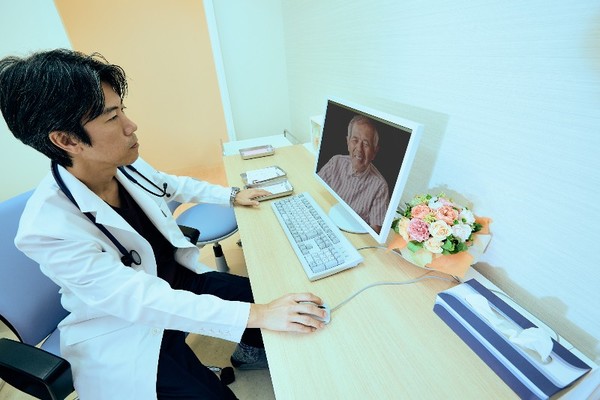The Covid-19 pandemic did not come to an end in 2021. The pandemic was the most worrying social issue this year. Korea has been fighting Covid-19 for two years but is still struggling. The pandemic was not the only issue in the medical community this year. For the first time in the world, Korea enacted legislation to mandate the installation of surveillance cameras in operating rooms. Korea Biomedical Review has compiled the five biggest medical industry stories in 2021. – Ed.

The Korean medical community began to take telemedicine seriously this year. As the government set home care as a default for Covid-19 treatment, telehealth has become one of the options for medical care.
Physicians used to go on a strike to oppose the government’s plan to expand telemedicine, but voices are growing to accept it as an irreversible trend and come up with plans to prepare for it wisely.
In April, the Korea Telemedicine Society was founded for the first time in Korea. In addition, the Seoul Medical Association also established a telemedicine research society.
A majority of physicians still have a negative view of telemedicine.
However, 74 percent of doctors in a recent survey said they would use telemedicine if it became legal in Korea. Most doctors think that telemedicine includes not only patient care but drug prescription.
In a poll on 1,079 internal medicine specialists, 60.3 percent of the respondents said they felt negative about telemedicine, and only 18.9 percent said they felt positive. Another 20.8 percent said they felt neutral.
Still, 74.1 percent said they would participate in telemedicine if relevant legislation passes the National Assembly. However, only 9.5 percent said they would participate actively, and 64.6 percent said they would take a wait-and-see approach.
Generally,④ the medical community is accepting telemedicine as an imminent future. As a result, doctors forecast that the demand for remote patient care will increase in the future.
Physicians said the top priority issue is to clarify who becomes legally responsible for telemedicine services.
This was seen in a survey conducted by the SMA’s telemedicine research society.
The poll asked 675 doctors in Seoul what the nation should prepare for a rise in the demand for telemedicine. Nearly 87 percent of the respondents said there should be “a clear definition of liability for contactless medical care.”

